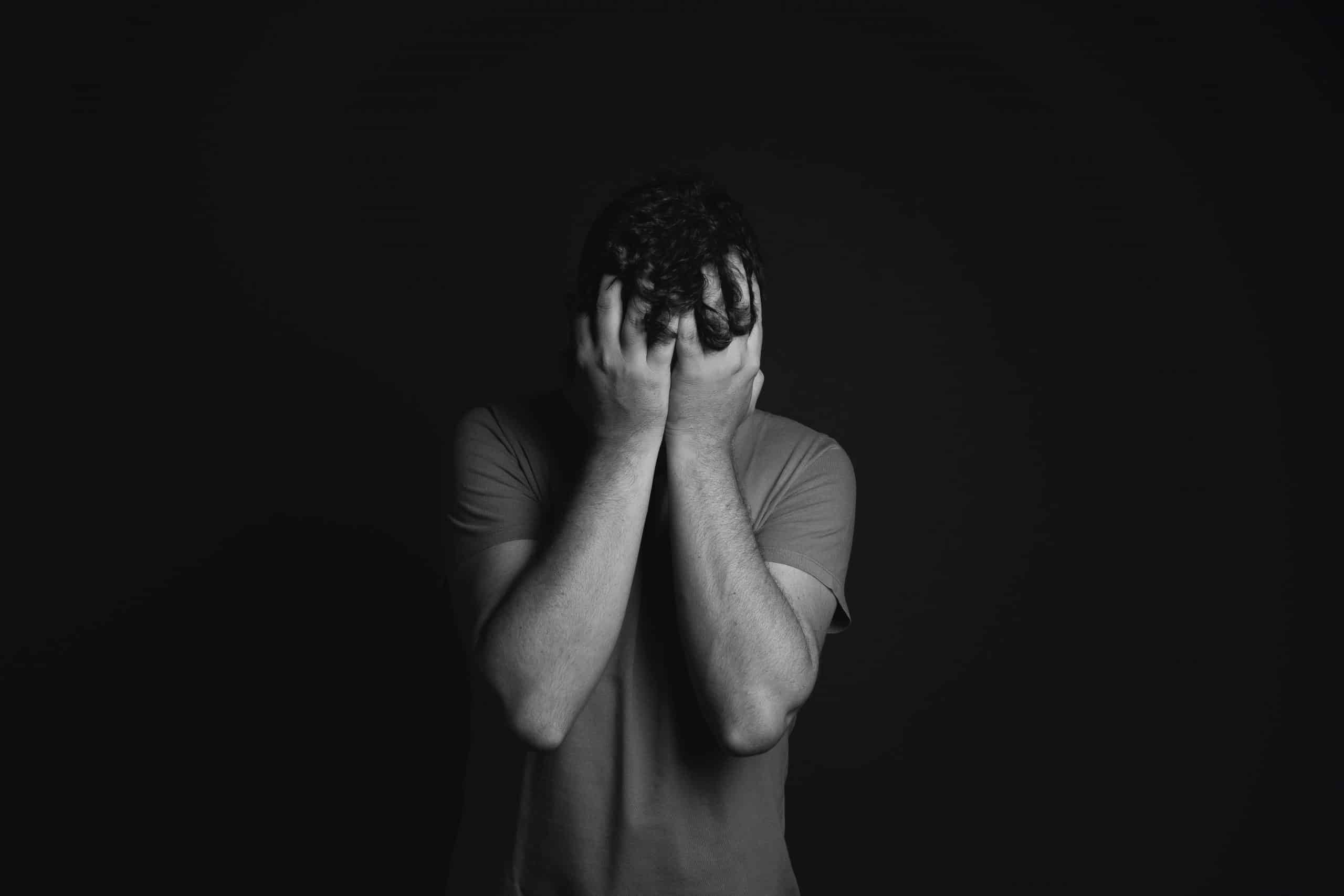Parental substance abuse will forever place a child’s mental and physical development at substantial risk along with heightening the exposure to several traumatic events. As children, we will often look to our parents or caregivers for unconditional love, support, and guidance from birth to adulthood. However, there are occasions when parents or caregivers cannot provide structure and devotion to a child due to their issues and drug and alcohol addiction.
It has been estimated that an average of 25% of children, which is a massive 8.3 million under 18 in the United States, are being exposed to alcohol abuse within the family unit. Substance use disorders are a significant public health concern and rank among the most common psychiatric disorders in young adulthood. These disorders are highly disabling, frequently co-occur with and even exacerbate other mental and physical health problems, and show a solid familial pattern. Children of substance abusing parents are at risk for various adverse outcomes, including emotional, social, and behavioral adjustment problems and cognitive and academic functioning challenges. Risk for poor emotional and behavioral effects among children living with a parent who has a substance abuse history are reported among those as young as 2 to 3 years of age.
Parental Substance Misuse
Parental Substance Misuse is the long-term misuse of alcohol and drugs by a parent or caregiver. This can be seen to include but is not limited to:
- Parents/caregivers who consume a harmful amount of alcohol which is leading to alcohol-related health problems and/or accidents
- Parents/caregivers who have become dependent on alcohol
- Parents/caregivers who have become dependent on drugs
- Parents/caregivers who regularly excessively abuse drugs
- Parents/caregivers who are unable to take care of their children due to their drug and/or alcohol addiction
The majority of parents and caregivers will have the occasional drink a week, which is in no way deemed to present a risk to a child’s safety or development. However, parents and caregivers who misuse or have an active addiction to drugs and alcohol will often show an unpredictable, chaotic life that will not meet their child’s needs. This will significantly higher the risk of a child being placed in harm’s way.
The impact on children
Parents or caregivers who cannot provide a basic structure and a loving environment for growing children have significant adverse effects on their health, physical development, emotional development, and education and place them at substantial risk of sexual and physical abuse.
When a parent or caregiver is suffering from an addiction, more often than not, the adult will furthermore suffer from at least one mental health problem. This places the children at serious risk of neglect due to the parent or caregivers’ focus on how they will obtain their drugs and alcohol. Their mental capacity is limited, impaired by the powerful effects of the substances, which results in the adults looking straight passed their children’s needs.
Abuse and neglect
Living or existing in a household where your caregiver or parent is addicted or misuses substances does not automatically mean that the child will experience physical or sexual abuse. However, it makes it more likely for a child to experience these traumatic events and less likely for the parents and caregivers to provide a safe and loving environment for the child to thrive. When a parent or caregiver continues to misuse drugs and alcohol, it can lead to neglect and abuse.
Neglect:
Parents who misuse or are addicted to drugs and alcohol may find it difficult to:
- Stay organized and consistent for their child
- Pay for food, clothing, and the basics a child needs in life
- Recognize and respond appropriately to their child’s physical, emotional and mental needs
- Keep harmful substances out of harm’s reach, such as syringes
- Keep their home clean and hygienic
Parents and caregivers who abuse alcohol and drugs may often lose complete consciousness, which results in the child living in a situation where no responsible adult can ensure their safety.
Emotional abuse:
Parents and caregivers who have an active addiction can often become completely emotionally unavailable to their children. Parents will often become:
- Less responsive to their babies and young children
- Less willing to engage in bonding experiences
- Inability to respond to the baby or child in a way that will encourage them to interact
Parents will often behave in a way that is entirely irrational, withdrawn, and unpredictable, all of which can frighten their children from a very young age forcing them to grow up in an environment where they have never felt safe. This fear will often never leave the child as they grow into adolescents, resulting in the young adult having relationship issues with friends, romantic partners, figures of authority, and more.
Physical abuse:
Parents and caregivers can often find it hard to control their own emotions and mental well-being, negatively affecting the development of a child’s brain. The severe impact of neglect and abuse on a child’s brain can be taken into adulthood with possible repercussions including:
- Weakened immune system
- Impaired cognitive development
- Impaired executive functional skills
Identifying the signs
When it comes to young children, every parent, caregiver, and adult’s job is to look out for signs in a child or parent that there may be problems at home. Children and young adults who are dealing with parents who are addicted to or misusing drugs and alcohol can often be seen to have:
- Be angry and aggressive more often than not
- Have behavioral problems
- Psychological challenges
- Poor or lack of educational attainment
- Low self-esteem
- signs of depression
- Self-harm
- Have in-depth knowledge of drugs and alcohol that would not be appropriate for their age range
- Failed to meet school requests that often involved their parents
- Become scared if the school needs to contact the parents
- Little to no money for a school trip or even the basics such as school uniform or a lunch
The likelihood is that these individuals are at significant risk of developing a range of mental health issues. These children will often feel very alone in life and require additional support from the school system.
Furthermore, additional psychological effects a parent’s addiction or substance misuse can have on a child can be seen to include:
- Blaming themselves for their parent’s addiction
- preoccupation with their parent’s or caregivers’ addiction
- Find it difficult to establish and maintain a relationship with healthy boundaries
- Inability to attend school regularly or having a poor educational attainment
- Develop behavioral, cognitive, and emotional problems
Risk and vulnerability factors
Every single family out there will experience a range of challenges from time to time, especially when children are involved. However, when addiction is concerned, the problems can quickly mount up, resulting in parents and caregivers finding it challenging to cope.
Children who live within families who experience addiction are placed within a high-risk group of vulnerability to experiences such as:
- Domestic abuse
- Learning difficulties
- Misuse substances
- Severe mental health challenges
Report if you suspect
If you believe a child is in immediate danger, we advise you to contact the police by calling 911. If you have concerns that a child may not receive the care and love they need to develop in life, but you do not believe they are in immediate danger, we would advise you to share your concerns with the following:
- Contact your local child protection services – Contact details can be found on the website of the local authority that the child lives in
- Follow your organizational child protection procedures.
- Contact the police on a non-emergency line by calling 511
These services will provide a risk assessment of the situation that you describe and take the appropriate action to protect the child.
Recognise and respond.
It can be extremely hard for children and young people to speak out about the abuse or family issues they are having. More often than not, they fear there will be some negative impact on themselves or their family if they communicate what is happening within their family unit. Others young adults children may delay telling an adult about their issues at home for a long time, hoping that things will naturally get better. Some children will never tell anyone, even if that is all they want to do.
Children and young adults must be able to speak out and feel confident doing so. They need to be able to tell an adult of authority what is happening and feel as if they will be taken seriously and not just pushed away.
Even when they verbally do not tell you something is wrong, children and young adults will often leave apparent signals that they are having challenges at home. Adults who work with children and young adults need to be highly vigilant, identify a challenged child’s signs, and know how to respond appropriately.
Suppose young adults and children do not have the confidence to speak out about their issues at home or ask for help when they need it. We as adults need to look out for these telltale signs to ensure every child grows up in a safe, structured, and loving environment where they can developmentally, emotionally, and physically how they should.
Get help for your children’s lives.
If you have identified that you have an active addiction or have noticed a loved one is struggling with addiction, the best thing you can do for your kids and yourself get help. At SHORELINE Recovery Center | Alcohol and Drug Rehab, San Diego is a San Diego rehab facility specializing in mental health rehab, individual drug and alcohol treatment plans, and strategic aftercare.
Our care teams will not only ensure that you get on that road to recovery, but your mental health is at its strongest while you fight this battle. We will work with you to diagnose and treat any underlying mental health issues that you may or may not be aware of. Contact Shoreline Recovery Center today and begin your new life for yourself and your children.




